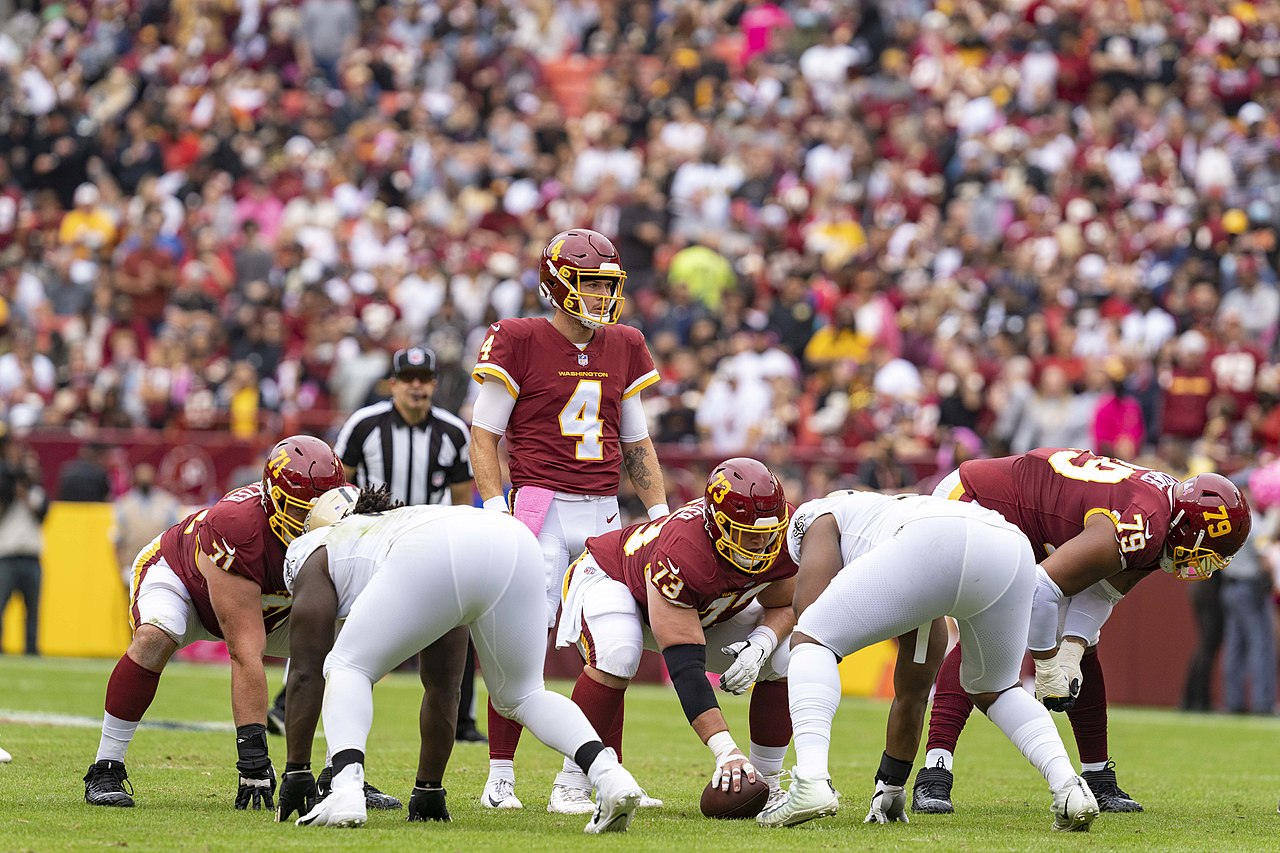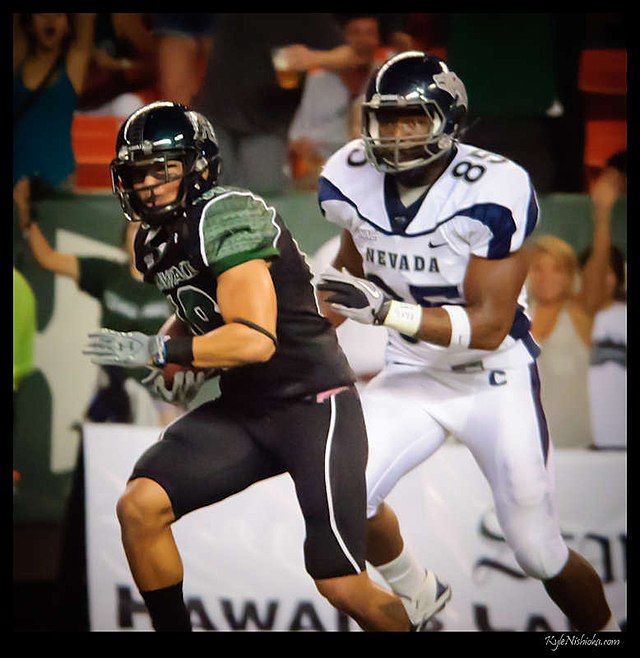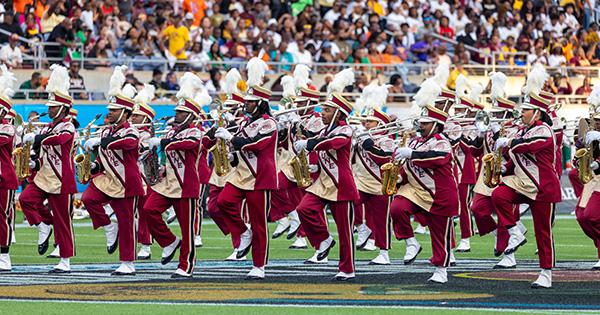Commanders president says team doesn’t want bidding war over new stadium
Washington Commanders President Jason Wright insists the franchise isn’t trying to pit D.C.-area governments against each other in a bidding war over a new stadium, saying he feels that’s a “mischaracterization” of the team’s pursuit of a new venue in the region.
In an interview with The Virginia Mercury, Wright, who oversees Commanders’ business operations working under team owner Dan Snyder and his wife, co-CEO Tanya Snyder, declined to say if stadium sites under consideration in Northern Virginia would be out of the running if the General Assembly fails to approve legislation to help the team build in the state.
“I think it’s hard to say anything is off the table at such an early stage,” he said.
But, Wright added, “the only way this works is if it is a true partnership.”
“The club and Dan and Tanya are going to be making substantial contributions to this project,” Wright said. “It is a franchise-turning investment of the scale and scope that hasn’t been seen since they took over as owners of the team.”
Legislation creating a Virginia Football Stadium Authority, a new political entity that would allow public financing of a stadium project through future tax revenues, is pending in the overtime legislative session that could wrap up later this month. The finer details of the proposal are being worked out, and it still needs to win final approval from lawmakers and Gov. Glenn Youngkin.
Proponents have pitched the idea as a way to bring a major economic development project to a state that has no professional sports team playing within its borders despite being the 12th most populous state. Senate Majority Leader Dick Saslaw, D-Fairfax, a key sponsor of the bill, has described the project as a “mini-city” and has insisted the risk to taxpayers is minimal. The team is considering three possible sites in Virginia: the Sterling area of Loudoun County and sites near Dumfries and Woodbridge in Prince William County.
The PW Perspective has come out in opposition against the building of a stadium at Potomac Shores, for reasons listed here.
Team representatives estimate the total project, expected to include a mix of surrounding retail and residential development, at $3 billion. Legislators are considering committing up to $350 million in tax revenues to help finance the stadium component, or nearly 12 percent of the entire cost.
The idea has drawn opposition from some lawmakers who feel the team’s ownership has generated too many scandals, from congressional inquiries into allegations of widespread sexual harassment of female employees to new questions about the organization’s finances, to justify a business deal with the organization. Critics have also questioned why the state should be helping a wealthy sports team owner at all.
But those objections haven’t prevailed in the state legislature, where initial versions of the stadium authority bill have cleared both the Democratic Senate and the Republican House of Delegates.
Youngkin also gave the project a shoutout in his first major speech as governor while calling for Virginia to “jump-start jobs” and lure new business investment.
“And while we’re at it, let’s broaden the baseball stadium authority to include football,” Youngkin said in a joint address to the General Assembly a few days after being sworn in. “And perhaps we’ll get one of those too.”
For more than a decade, the team has retained the services of powerhouse Richmond lobbying firm McGuireWoods. Snyder has also been an occasional donor to Virginia politicians. In January, he contributed $25,000 to Youngkin’s inaugural committee, according to the Virginia Public Access Project.
Wright was noncommittal when asked if the team has a preference between continuing to play in Maryland, returning to D.C., or coming to Northern Virginia, where the team’s headquarters and main training facility are located.
But the Virginia bill has been significantly pared down from an initial version that would’ve allowed tax revenues to pay off up to $1 billion in bonds.
Wright said it’s difficult to do “apples to apples” comparisons between sites, because the team wants a “co-designed” project that aligns with local needs and economic priorities.
“It’s not something we have wanted to design and silo and find somebody that will take it and plop it down in a community,” he said.
The vision, he said, is for the stadium development to function as a “live events venue” that could attract concerts and conventions instead of sitting mostly idle in the offseason. Another priority, he said, is “seamless flow” with surrounding neighborhoods.
“We are much more likely to build the smallest venue in the NFL than the largest,” he said.
Wright, a former pro running back who made headlines when he was hired in 2020 as the NFL’s first Black team president, also said the project would have a strong diversity, equity and inclusion component to boost minority business participation.
When asked about the team controversies potentially eroding support for the project, Wright emphasized his efforts to diversify the organization and change the culture. Women now make up nearly a third of the leadership team, he said, and nearly half are people of color.
“This has been a period of substantial and irreversible change for the organization,” he said.
Some Virginia legislators tried to amend the stadium bill to force the Commanders to be more forthcoming about the results of various investigations into the organization. Those efforts were defeated as the bill advanced.
Wright said he thinks the “business savvy” of Virginia leaders will win out over the criticism.
“It’s an exciting time,” he said. “And by all the objective numbers, our fans see us as a team and an organization on the upswing as well.”
(Editor’s Note: This article was first published in the Virginia Mercury. Republished with permission.)



